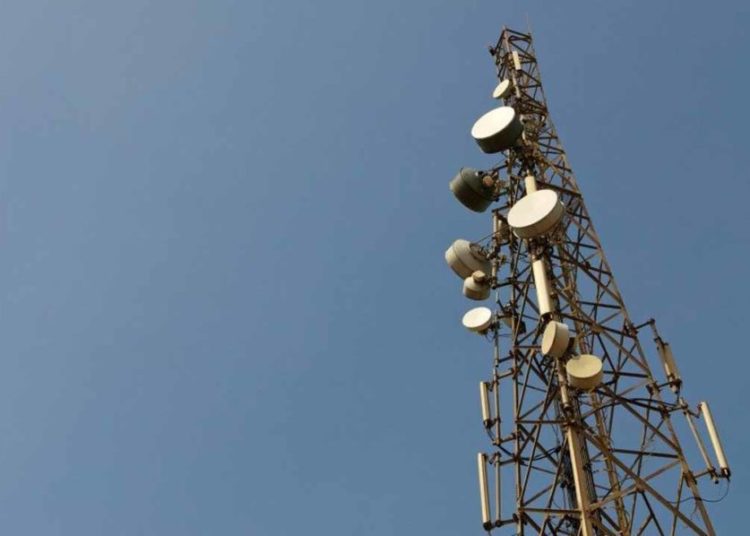The Federal Ministry of Works (FMoW) and the Federal Ministry of Communications, Innovation, and Digital Economy (FMoCIDE) have established a Joint Standing Committee on the Protection of Fiber Optic Cables, in a decisive move to protect Nigeria’s telecommunications infrastructure.
This initiative aims to tackle the widespread and costly problem of fiber cuts caused by road construction and rehabilitation activities, which have severely disrupted telecommunications services nationwide. The committee was formally inaugurated on February 18 at the FMoW headquarters by permanent secretaries, Olufunso Adebiyi and Farouk Yusuf, alongside the executive vice chairman of the Nigerian Communications Commission (NCC), Dr. Aminu Maida. Comprising key representatives from both ministries and the NCC, the task force is expected to create a structured approach to safeguarding fiber optic infrastructure.
Adebiyi underscored the urgency of the committee’s mission, directing it to establish concrete measures that will minimize fiber cuts during road projects and address the rising challenge of vandalism, while emphasizing that fiber cuts have led to nationwide service disruptions, including the February 2024 MTN network outage.
He said, the Committee will serve as a coordinating body for all issues pertaining to the protection of fiber optic cables, before, during and after the completion of road constructions or maintenance activities, and will meet on a regular basis to discuss identified problems, agree on industry-wide solutions, set standard engagement processes and procedures, as well as share monthly performance reports.
‘They are also expected to develop an instant communication mechanism to facilitate prompt communication and dissemination of information amongst all stakeholders,’ he said. He assured that,going forward, the ministry will ensure that the placement of fiber cables will be considered in the planning, design and construction of the country’s road networks, and would include providing for ducts during constructions.
Yusuf, in his remarks, highlighted the significance of fiber optics cables to the country’s economy, stating that fiber networks are the backbone of Nigeria’s digital economy, enabling the seamless delivery of both fixed and mobile broadband services essential for nationwide connectivity, economic growth, and technological innovation.
The EVC/CEO of NCC, Dr. Aminu Maida, emphasised the significance of the Committee’s mandate, noting that it has the potential to significantly reduce service disruptions across Nigeria’s telecommunications industry.
“This is a pivotal moment for the telecommunication industry and its customers. Fiber networks are the foundation of Nigeria’s broadband ecosystem, providing the essential high-capacity backhaul required to deliver ultra-fast 4G and 5G speeds, as these next-generation mobile technologies rely on fiber infrastructure to ensure low latency, high reliability, and seamless data transmission,” he said.
We’ve got the edge. Get real-time reports, breaking scoops, and exclusive angles delivered straight to your phone. Don’t settle for stale news. Join LEADERSHIP NEWS on WhatsApp for 24/7 updates →
Join Our WhatsApp Channel










